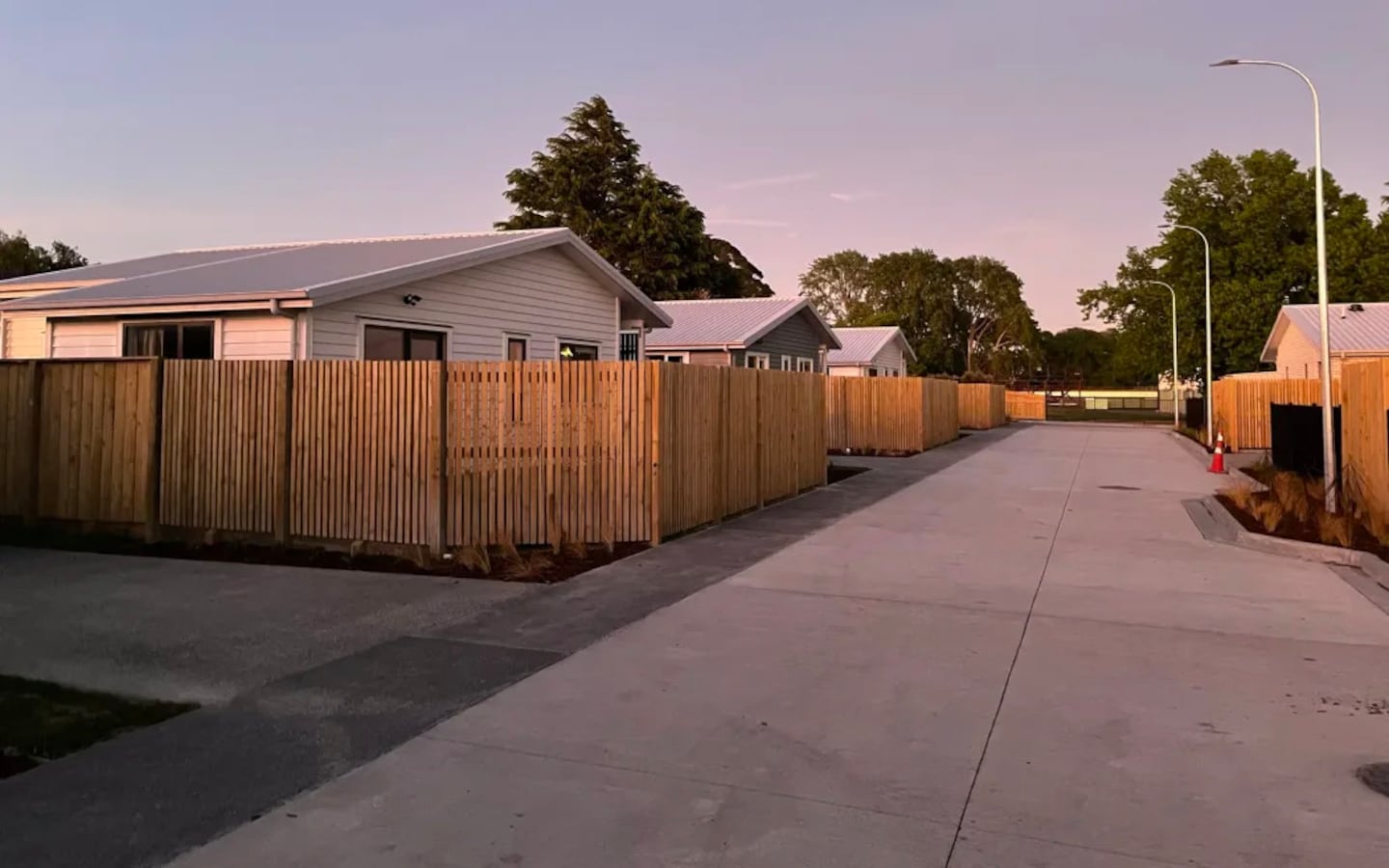This article was first published by RNZ.
Housing Minister Chris Bishop says he expects state housing provider Kāinga Ora to evict an increasing number of unruly tenants before numbers start to fall as the message gets through.
The government ordered the housing agency to end the Sustaining Tenancies Framework in March and to strengthen its management of disruptive tenants.
Fourteen tenancies have been terminated in the last three months due to behaviour or persistent rent arrears, compared with eight in all of 2023.
Housing Minister Chris Bishop says there needed to be consequences for unruly households.
“For far too long, a small number of Kāinga Ora tenants have ridden roughshod over their neighbours because, under Kāinga Ora’s previous Sustaining Tenancies Framework, people knew there were no consequences for their threatening, abusive or damaging behaviour.”
A new disruptive behaviour policy allowed faster tenancy termination.
There had been an increase in Section 55A formal warning notices issued to tenants for disruptive behaviour, with 80 issued in the past three months compared to 13 for the same period last year.
“I think there needs to be consequences for bad behaviour. In the past there simply hasn’t been. Kāinga Ora has not used the tools available to it through the Residential Tenancies Act and through its own policies, and they’re now starting to implement different policies and to use the tools available to it through the Residential Tenancies Act, and that’s a good thing.”

Bishop said there were around 24,000 whānau on the social housing wait list and more than 2000 whānau living in emergency housing motels, so the government would not look the other way when people abuse the privilege of living in social housing.
“The message to Kāinga Ora tenants is clear: if your actions are causing your neighbours to live in fear and misery, your time is up. Change your behaviour now or face the consequences…
“[People on the waiting list] deserve a chance to have a home as well. And I just simply say that if you consistently and persistently abuse your neighbours and the home that you live in, at some point, you have to forego the, you know, the home that you have through Kāinga Ora. There are plenty of other people who won’t.”
The Citizens Advice Bureau said it had seen an increase in the number of people needing advice about eviction-related issues in Kāinga Ora homes.
“Comparatively, looking at last year at a similar sort of three-month period through to this year, the eviction-related inquiries that are to do with Kāinga Ora has jumped from 8 percent to 24 percent,” national advisor Sacha Green said.

She said the problem was not always simple.
“What is perceived as problematic behaviour can also be about many complex underlying factors and systemic issues - so being aware that there are often mental health issues, addiction issues and poverty to take into account.”
Green said some of the terminations may have related to Healthy Homes standards.
Bishop expected the rate of evictions to drop over time.
“I think what will become clear is that once people figure out that Kāinga Ora is not going to take a soft-touch approach to disruptive tenants anymore, we may see those numbers continue to increase for a while and then, you know, potentially peak and start to fall.
“Let’s just wait and see how people respond, but that is certainly the intention of the policy.”
National promised to crack down on unruly Kāinga Ora tenants in its election campaign, as well as tighten eligibility for emergency housing.
The Greens criticised the move as “cruel”, while supporters said the biggest beneficiaries of the policy would be other Kāinga Ora tenants living close to the worst offenders. Kainga Ora tenants themselves have expressed scepticism to RNZ.
Bishop in March said eventually the government had to say enough was enough - social housing being a privilege that could be taken away if abused.
- RNZ



